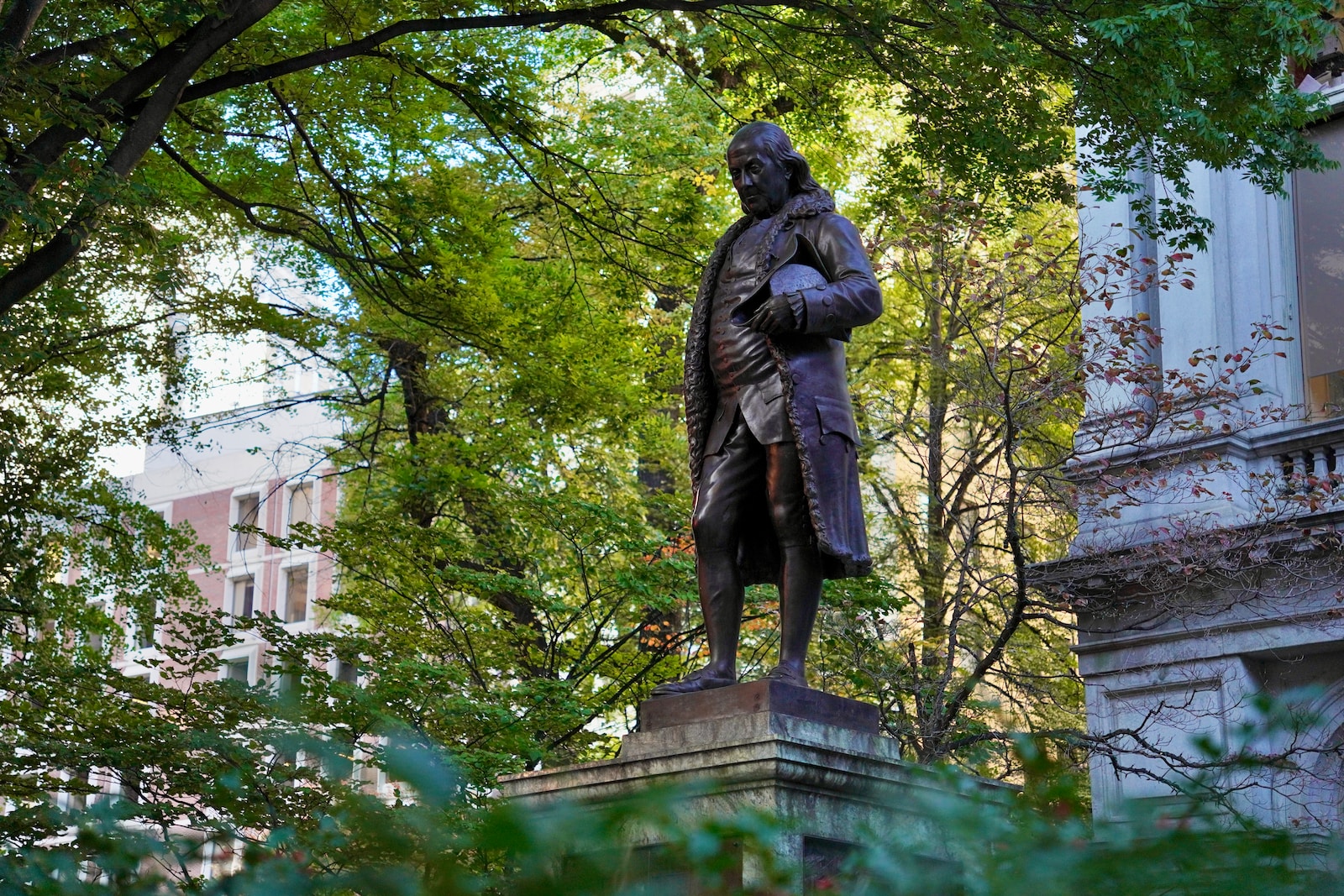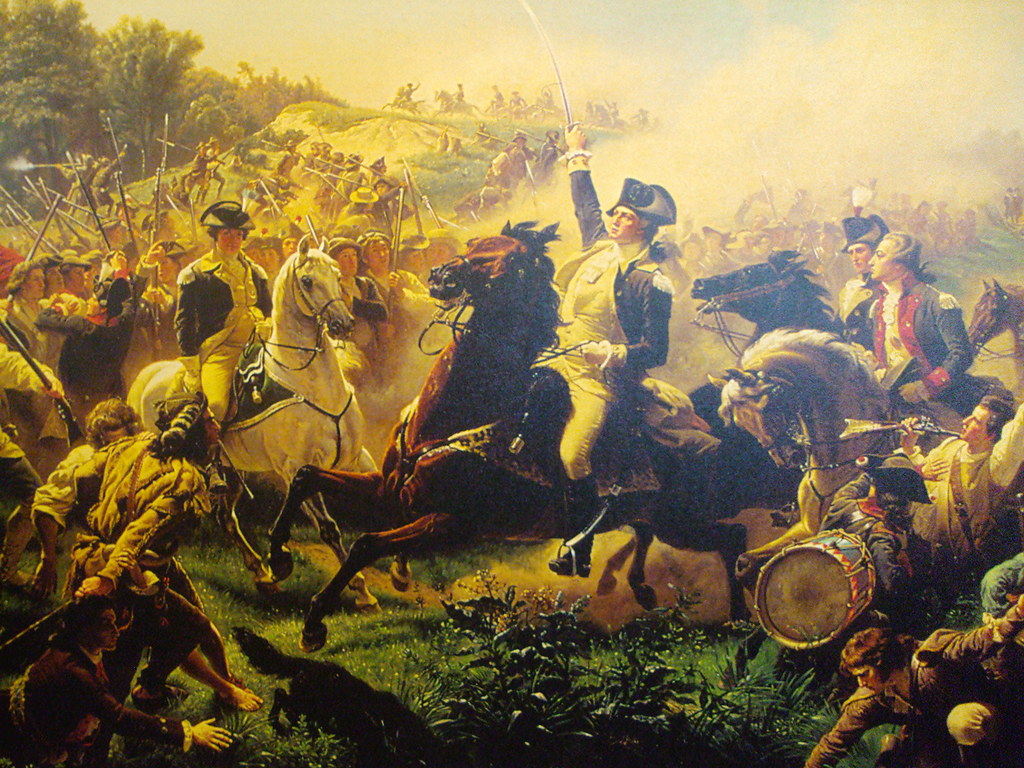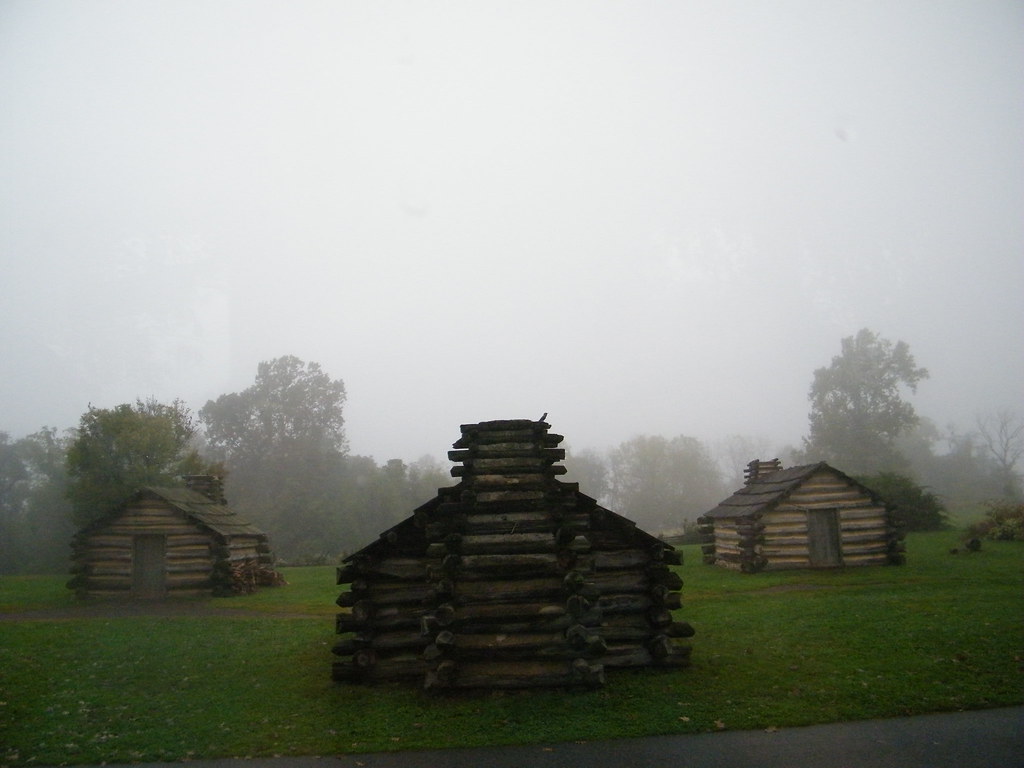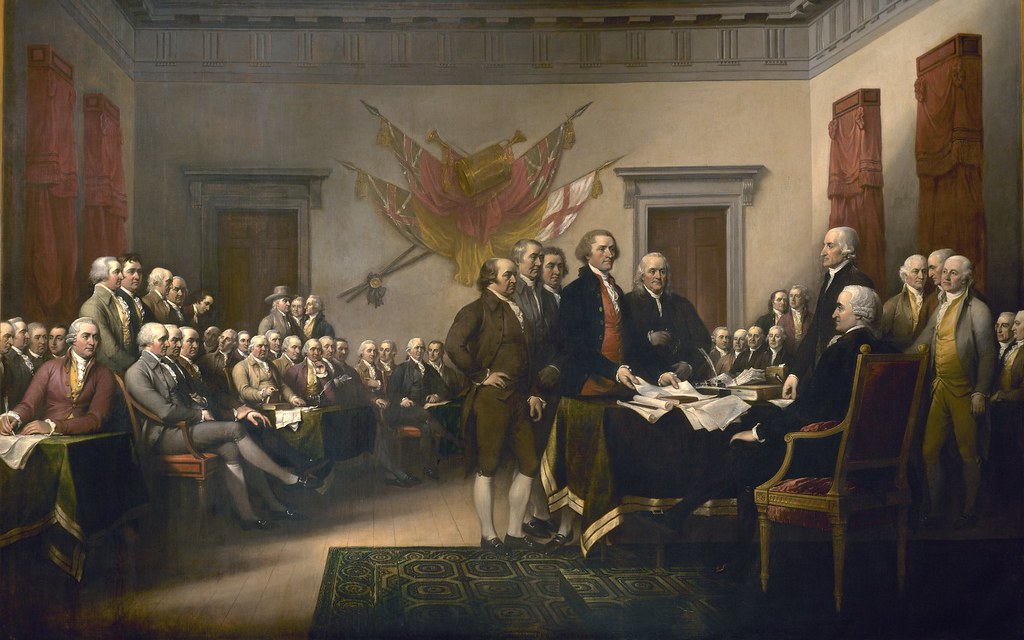Membership
Membership is open and limited to male descendants. Apply in four easy steps!

Membership is open and limited to male descendants. Apply in four easy steps!


To initiate the SAR membership process, you should begin by ensuring that you can satisfy the SAR membership requirements and that you are a direct descendant of a Revolutionary War Patriot. The SAR does not restrict membership on basis of race, age, color, religion, national origin, nation of citizenship or residency. To establish eligibility you must be able to confirm that you are a direct ancestral line descendant of a Patriot by providing appropriate SAR acceptable documentation. Legitimacy through marriage of an ancestor is not a factor as long as appropriate proof of descendancy is provided to confirm the applicant’s direct descent from their Revolutionary War Patriot (your Revolutionary War Patriot must be a great-great grandfather or great-great grandmother of some degree). Plural marriage families are not excluded from SAR membership. Proving bloodline descent, whether legitimate or illegitimate, from a patriot ancestor to yourself is what is required for SAR membership and is what must be documented. Additionally, you must be sponsored by two current SAR members; your local SAR chapter can likely assist you in fulfilling this requirement.
To quote the SAR Bylaws, “Any male shall be eligible for membership in the SAR who is a citizen of good repute in the community; and a lineal descendant of an ancestor who was at all times unfailing in loyalty to and rendered acceptable service in the cause of American Independence”. The SAR accepts patriotic service rendered, with some exceptions, for the period between 19 April 1775 and 25 November 1783.”
Membership in the SAR requires documented, acceptable evidence that your ancestor participated in one or more of the following types of service. The patriot ancestor in question must have:
Please note that family tradition in regard to the services of an ancestor will not be considered proof. No preliminary decision will be given with respect to a line of descent, service, or whether proposed evidence is acceptable. When properly examined in context with all available evidence, preliminary decisions might prove to be incorrect and the SAR will not participate in rendering improperly formed evidentiary decisions. We reserve the right to accept or reject any evidence submitted.
| Spanish lineage members are any member of the Spanish Army or of a Spanish colonial militia who served, as shown by contemporary rosters, in a Presidio or garrison in the Spanish territories, bounded by the area now included in the present day United States of America, and which Presidio or garrison is shown to have provided military or material support, such as a Contribution of the donativo or participation in the cattle drive, to the cause of American Independence, may be considered to have performed qualifying military service in support of the Patriot cause. Any member of the Spanish Navy who served in the Spanish Navy in support of Galvez, in the Gulf of Mexico, from Texas to Florida between December 24, 1776 and November 26, 1783, may be considered to have performed qualifying military service in support of the Patriot cause. Any resident of the Spanish territories bounded by the area now included in the present day contiguous United States of America, who provided material aid or contributed to the donativo requested by King Carlos III in 1780 to fund Spanish involvement in the war effort, may be considered to have performed qualifying patriotic service. Exceptions will be considered on a case by case basis. |
If you meet eligibility requirements, the next step is to find a SAR sponsor in close proximity to you (often the local SAR Chapter Registrar). This person will help guide you through the SAR membership application process and can help review information assembled to enter into SAR membership application forms. Visit the link below and click on your state of residence. This will help you get the sponsor needed to proceed.


Properly documenting a genealogical line to a patriot ancestor can often be accomplished with only modest effort, provided you know what to look for and where to find it. If you have an ancestor who lived in the United States prior to 1900, chances are you may be the descendant of a Revolutionary War patriot.
This material will help you get a basic understanding of how to look for genealogical information. Please note however, that the primary focus of this resource is obtaining the documentation needed for an SAR membership application, therefore it does not cover other fascinating aspects of researching your ancestry such as immigration records. As you become more experienced at finding information, you will become a treasured resource for your local SAR chapter, SAR state-level society, and community.
https://www.fold3.com/ (Military Records)
https://www.familysearch.org/en/
Additional websites and resources are located under the “Additional Resources” tab at the top of the page.
*Please note: We do not endorse or recommend a particular website. These are for your assistance.
Congratulations, you are ready to begin preparing your SAR membership application. If you followed all of the previous steps, this shouldn’t be very difficult. The Application Preparation Guide and SAR Application Formatting Guide will be invaluable resources during the application preparation process. As an applicant, there are several membership options. While most individuals who join the SAR will do so as a regular member, we also have a junior membership option for men under 18 years of age. Your chapter contact will be able to discuss membership options and related costs with you. For example, if more than one eligible family members wish to join together at the same time based upon the same Revolutionary War Patriot, the SAR Family Plan might be the cost effective. Membership costs vary between SAR chapters and SAR state level societies depending upon location; your chapter contact will be able to share those details with you as well.
Once properly completed, submit your SAR membership application (with all related documentation) to your sponsoring SAR chapter for approval. The Chapter will then forward your application to the respective SAR State Society and then on to National SAR Headquarters for final review and approval. Typically, the approval process takes approximately 12 weeks from local chapter review to issuance of a National Number. You will be contacted should any additional documentation be required. Associated fees can be found in the Membership Cost Manual
NOTE: It is strongly recommended that you find a local contact to guide and assist with completing the SAR membership application form and fulfilling the SAR application requirements as there are some nuances of this process that they can help navigate. The completed SAR membership application form and supporting documentation must be submitted to your local SAR chapter or in some cases SAR State Society. There are options for completing the SAR membership application form.
OPTION #1 – NSSAR DIGITAL APPLICATION
This option allows for your data to be captured for future supplemental patriot ancestor applications and allows the SAR application helper to electronically access your application for real time guidance and assistance. This is the preferred method for most SAR membership applications. Use theSAR Digital Application Guideto assist with using the system. Please make sure that you print off the application and give it to your Chapter Registrar to begin processing. This is not an automated system (yet). Failure to do this will result in significant delays.
OPTION #2 – ADOBE PDF APPLICATION This option is recommended for those with limited Internet access who don’t mind meeting with their helper in person for assistance in completing their application. Please make sure you download this to your local PC for data entry or ALL data entry and/or changes will be lost.
PDF SAR Application
OPTION #3 – MICROSOFT WORD APPLICATION
This option is recommended for those with limited Internet access who don’t mind meeting with their helper in person for assistance in completing their application. This application requires Microsoft Word or its equivalent.
OPTION #4 – INEXPENSIVE SOFTWARE PACKAGE BY COX SOFTWARE This is an option for those who don’t mind paying for extra features. SARApAid has been licensed by the National Society of the Sons of the American Revolution as an approved NSSAR Application form software package. It is a stand-alone program, requiring no other application or software package to provide complete entry, editing, saving, recall, and printing of NSSAR Application forms in WinXP, Vista, Windows 7, Windows 8, and Windows 10.

New Member Fee Only:
$50 National Headquarters
$30 State Headquarters
$10 Chapter
$150 Mail and Application Fee
$25 Start Fee
Total: $265 for first Year
Annual Renewal Fees for Members:
$50 National Headquarters
$30 State Headquarters
$10 Chapter Fee
Total: $90 renewal fee